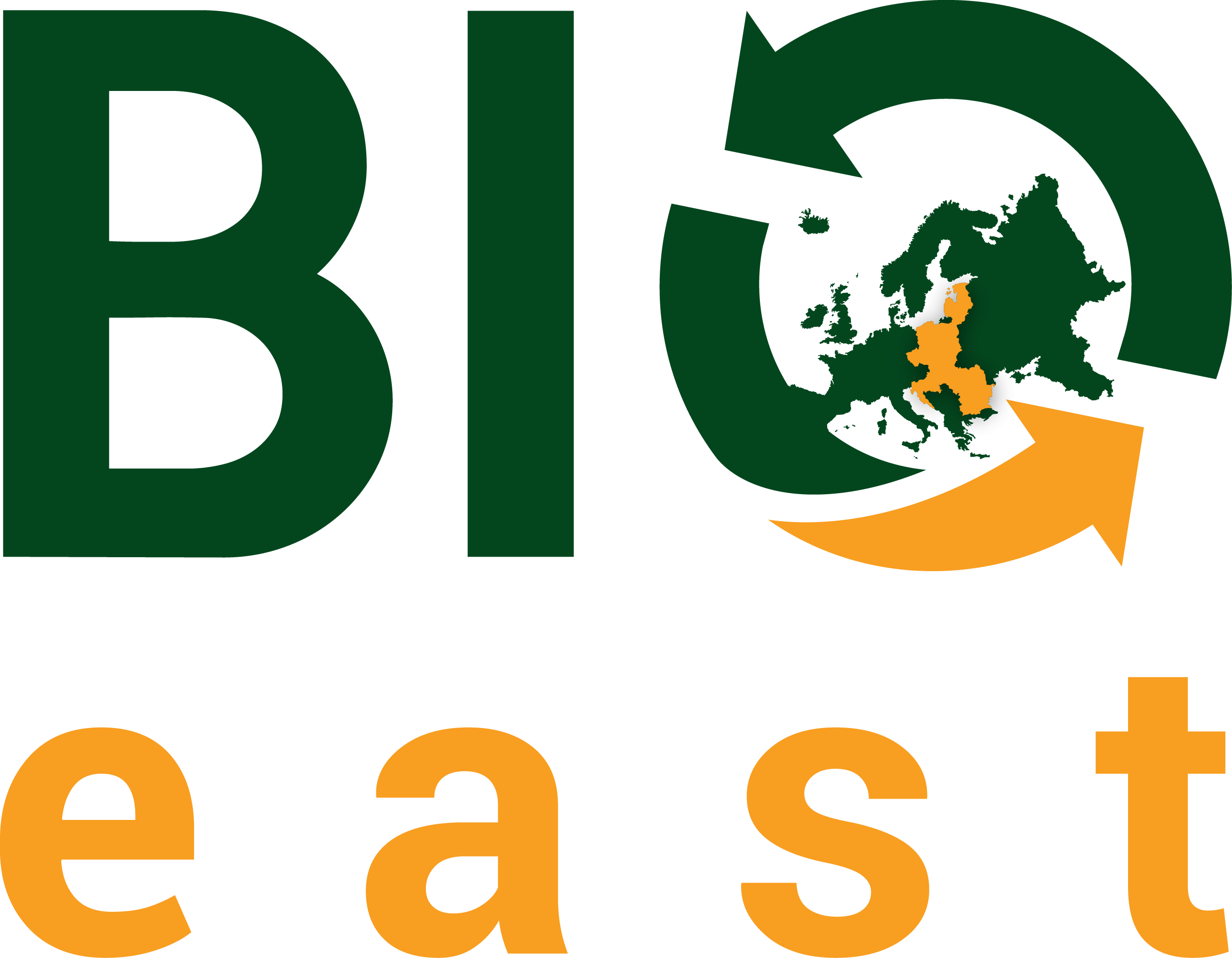The first workshop took place in Ljubljana /Slovenia/ for South Eastern Europe on 26 September 2022; the second in Tartu /Estonia/ for the Baltic States on 12 October 2022 and the third in Warsaw /Poland/ for Central and Eastern Europe between 25-26 October 2022. Wide spectrum of stakeholders got involved (altogether with more than 100 participants), they belong to the agenda of several ministries – agriculture, environment, research and innovation, transport and also internal affairs. The outcome of the stakeholder discussions at the workshops will be taken into account for the final preparation of the BIOEAST SRIA.
